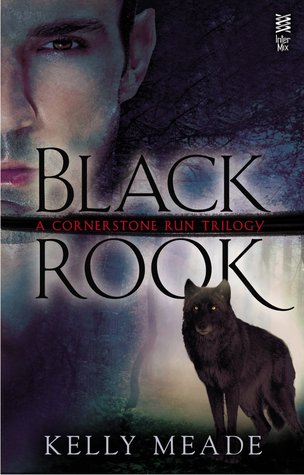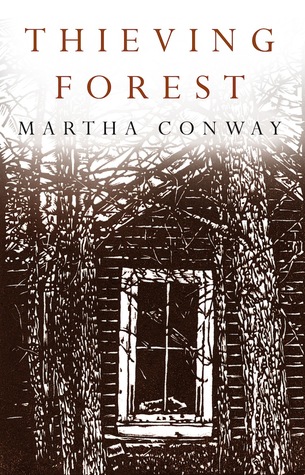[button color=”black” size=”big” link=”http://affiliates.abebooks.com/c/99844/77798/2029?u=http%3A%2F%2Fwww.abebooks.com%2Fservlet%2FSearchResults%3Fisbn%3D9780152055660″ target=”blank” ]Purchase here[/button]
The Stones of Green Knowe
by L. M. Boston
I discovered this sixth and final book in the Green Knowe series several years after reading the first five. Yet in no time, I felt comfortably at home in Lucy Maria Boston’s fantasy world based on the centuries-old manor house she owned and loved. Her writing is as lean and sinewy as ever, gripping the senses with taut description and creating a timeless mood.
In this adventure, a twelfth-century squire’s son named Roger d’Aulneaux watches with fascination as his father builds the stone house that will, in later ages, be home to Tolly and his grandmother, Toby and Linnet, Alexander, Susan, and Jacob – children who have learned how to meet and play together in spite of the centuries that separate them.
It is Roger who discovers that key to the Green Knowe children’s ability to visit their home in other eras. Ancient and overgrown even in his time, the standing stones – or rather, perhaps, sitting stones – look like a pair of child-sized thrones. Roger calls them the King and Queen. Sit on the one and wish, and you can find yourself hundreds of years in the future. Sit on the other, and risk a visit to the past. Aided by these stones, Roger surveys the history of his country home from the Saxon conquest of the Britons to the eighteenth, ninteenth, and twentieth centuries.
Throughout the changes wrought by time, Green Knowe still stands: a matter of pride for a boy who will one day inherit it. But many other things change. The forest recedes. A richness of wild plant and animal life diminishes. Fashion, technology, and ways of life change. In a strangely sad way, the reader may find himself feeling nostalgic for an age long ago, Roger’s age of jousting knights. Seen from his point of view, the present modern age looks frightful. And it is in that age that the book ends, with shocking abruptness, on a heartbreaking note that will leave you questioning the way ancient things are preserved.



